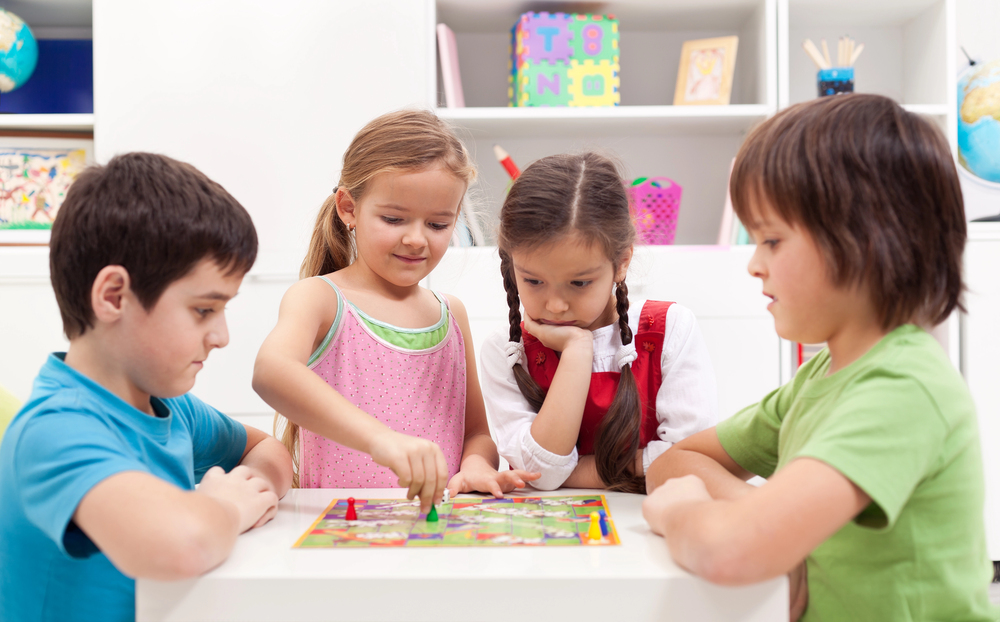Playing board games with children provides many developmental benefits that support their growth in key areas. Board games are a fun and engaging way for children to learn new skills and strengthen existing ones. Here are some of the top benefits of playing board games for child development.
Promotes Social Skills
If you are fostering in Birmingham, board games provide a natural environment for children to practice their social skills. Turn-taking, sharing, listening, and cooperating are social skills children need to learn. Simple games teach younger children to take turns rolling a die or drawing a card. More complex cooperative games require that children work together towards a common goal rather than competing against each other. Through playing games, children learn to follow rules, consider others’ perspectives, and communicate effectively.
Enhances Cognitive Abilities
Board games exercise a child’s brain by developing cognitive abilities including strategy, critical thinking, logic, attention, visuospatial skills, and working memory. Games with more complex rules require more focus and mental flexibility. Strategy games like chess teach children to think ahead, consider multiple options, and recognise cause and effect relationships. Estimation and probability games strengthen math concepts and skills. The more children play games, the more these cognitive abilities are reinforced.
Provides an Educational Opportunity
Board games can be a fun way to help children learn educational concepts like colours, numbers, spelling, history, and geography. For example, Scrabble helps with spelling and vocabulary while Trivial Pursuit builds general knowledge across many topics. Educational games present key concepts in an engaging, hands-on format. Parents can also ask questions during gameplay to further strengthen skills and knowledge. Using games for learning helps cement the information for children.
Improves Concentration and Memory
The interactive, hands-on nature of board games requires focused attention and engagement from children. As children learn and follow game rules, take turns, and strategize, they are developing their memory and concentration skills. Games with more complex rules or strategies require greater focus and memory to play effectively. The more they play, the more these cognitive skills are developed.
Teaches Good Sportsmanship
Playing games is an opportunity for children to learn good sportsmanship and how to manage emotions. Children may experience excitement, frustration, pride, or disappointment during gameplay. Parents can model positive behaviour by remaining calm and controlled. Teaching children to be gracious winners and cope with losing gracefully helps foster sportsmanship. Children also learn to manage reactions to setbacks such as drawing a bad card or losing a turn.
Provides Family Bonding Time
Playing board games gives families quality bonding time together. It provides an opportunity for shared laughs, inside jokes, and lasting memories. Rather than staring at various screens, families can engage in meaningful face-to-face interactions. Board games serve as a positive activity that brings the family together regularly. Children will come to cherish this special time spent playing with parents and siblings.
Research shows that playing board games has many benefits for cognitive, social-emotional, and academic development in children. Games create opportunities for learning new skills while having interactive, engaging fun with family. Incorporating board gaming into a child’s routine is simple way to support their growth and strengthen family bonds at t







